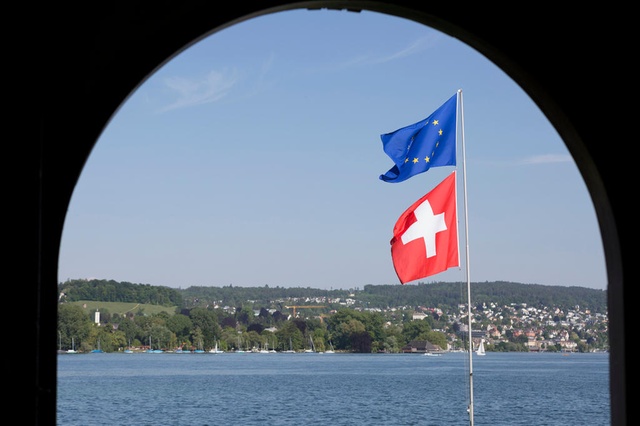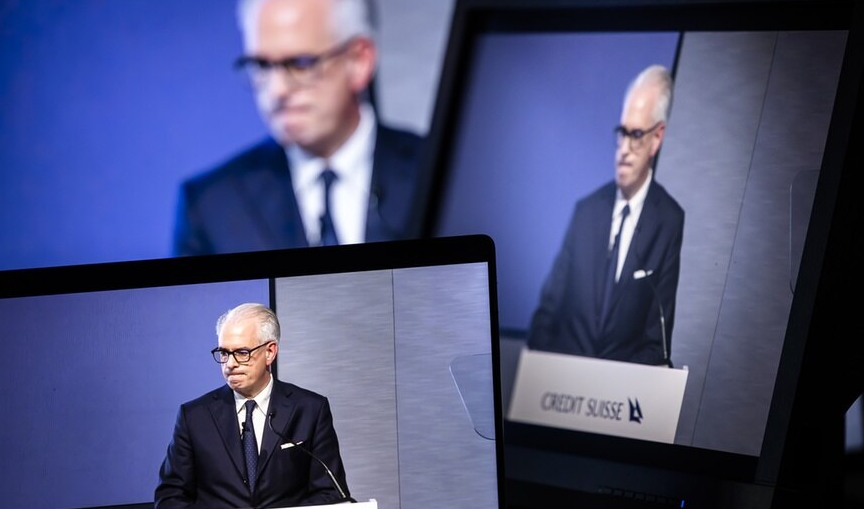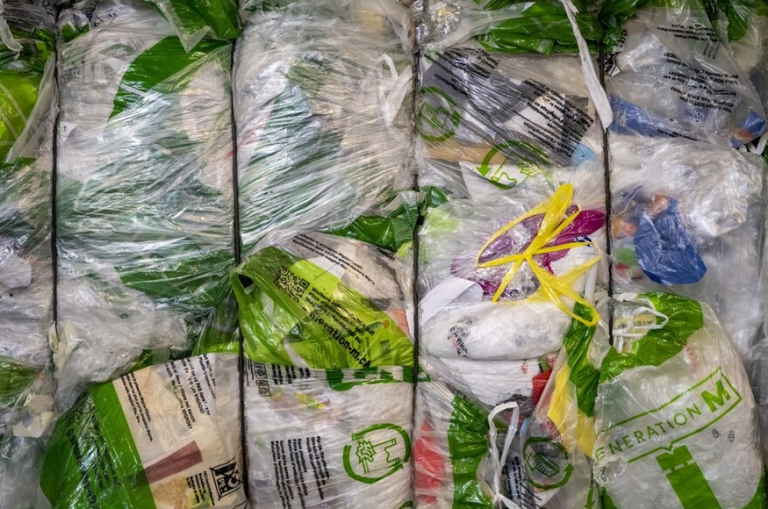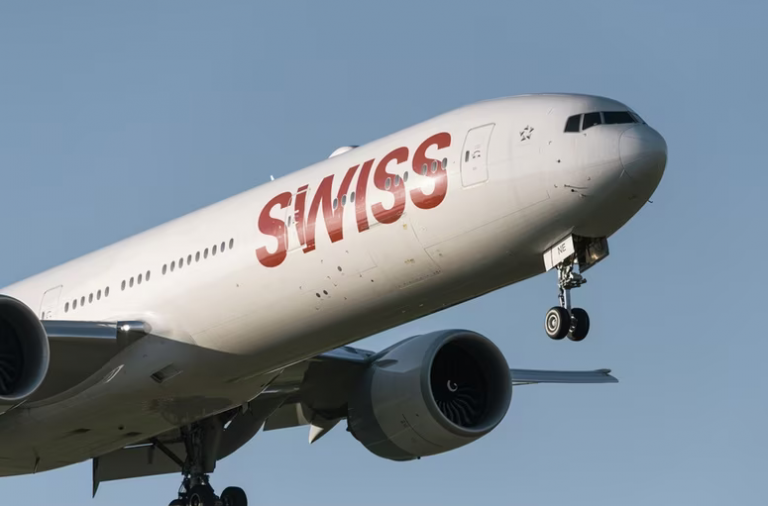Swiss authorities sanction on average ten companies per day for violating wage protection rules, according to official figures. That corresponds to 19,200 fines in the span of five years.
NZZ am Sonntag external linkpublished these figures on Sunday on the basis of a list compiled by the State Secretariat for Economic Affairs (SECO).external link
Well-known companies, including ABB, Lidl, Nokia, Bombardier and Bosch are among those that have been fined.
The highest number of fines went to companies based in Germany (36.8%) and Italy (30.7%), followed by Switzerland 6%) and France (5.5%).
Nearly a third of fines – running as high as CHF30,000 ($30,218, 25,760 euros) – were imposed by the Italian-speaking canton of Ticino. Zurich and Bern, both German-speaking, came next.
SECO’s list does not give details of the violations which have been blamed on individual companies, writes the Zurich-based newspaper.
But in general, sanctions related to employment notification rules, which stipulate that European Union companies wishing to work in Switzerland must tell Swiss authorities at least eight days in advance.
By examining the salary rates and terms of employment beforehand, Swiss authorities seek to ensure that foreign workers are not exploited and that Swiss workers are protected against wage dumping, according to SECO.
Other offences leading to fines included non-compliance with the minimum wages or working conditions required, as well as the refusal of required information and ignoring fines, according to the newspaper report.
Swiss foreign minister Ignazio Cassis has suggested the eight-day rule might be relaxed amid efforts to conclude a proposed institutional framework with the European Union.
Switzerland’s trade unions and left-leaning politicians oppose any relaxation of the eight-day rule. Some business leaders and politicians argue the notice can be shorter in the digital age.
Disagreement over labour rules have been a major stumbling block in these talks, which are also viewed as a bellwether for post-Brexit ties between the United Kingdom and Brussels.
Brussels has threatened to withdraw Swiss access to the EU single market – the biggest for Swiss exports – in the absence of an accord.
In 2002, a deal to let EU citizens live and work in Switzerland came into effect in exchange for Swiss access to the EU single market.
Switzerland introduced “flanking measures” two years later to ensure EU workers on temporary projects do not undermine high Swiss pay and perks.
Full story here Are you the author? Previous post See more for Next postTags: Business,newslettersent





































